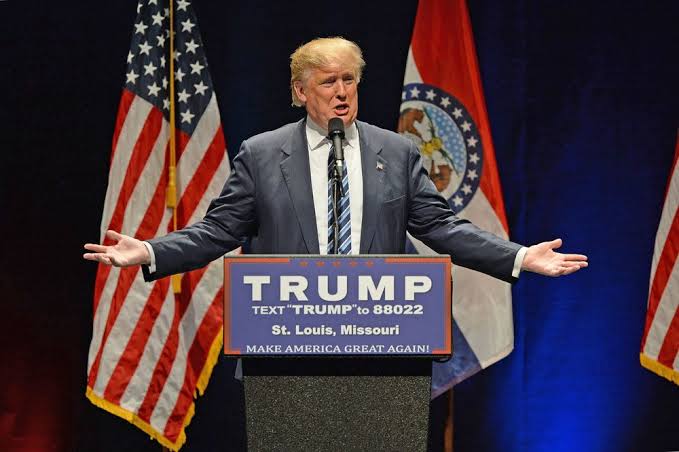
President Donald Trump of the United States has stated that he is “not joking” about the possibility of seeking a third term, despite the U.S. Constitution’s clear prohibition on presidents serving more than two terms.
In a phone interview with NBC News on Sunday, Trump addressed ongoing speculation about a potential third-term bid, saying, “No, I’m not joking. I’m not joking,” but added, “It is far too early to think about it.”
When pressed on how he could legally extend his presidency beyond 2028, Trump responded cryptically, “There are methods which you could do it, as you know,” without elaborating on what those methods might be.
The 22nd Amendment to the U.S. Constitution, ratified in 1951, states that “no person shall be elected to the office of the president more than twice.” While Trump acknowledged this limitation, he hinted at alternative scenarios. One possibility mentioned during the interview involved his running mate, Vice President JD Vance, assuming office before stepping aside to allow Trump to return. “That’s one” option, he said, adding, “But there are others, too,” without providing details.
Overturning the 22nd Amendment would require a two-thirds majority in both houses of Congress and ratification by three-quarters of the 50 U.S. states—a daunting political challenge.
Trump, who began his second, non-consecutive term in January 2025, has repeatedly made remarks about extending his presidency, sometimes as political taunts to his opponents. Some of his allies have also floated the idea of keeping him in power beyond 2028.
Steve Bannon, a longtime Trump adviser, recently suggested in a March 19 interview with NewsNation that Trump’s team was actively exploring ways to reinterpret the constitutional term limits. “We’re working on it,” Bannon said, without specifying any legal or political strategy.
If Trump were to seek another term in 2028, he would be 82 years old—matching the age of President Joe Biden when he left office. Historically, the two-term limit was an unwritten rule following George Washington’s voluntary departure after two terms. However, Franklin D. Roosevelt broke the tradition, winning four consecutive terms before his death in 1945, which led to the formal adoption of the 22nd Amendment in 1951.








